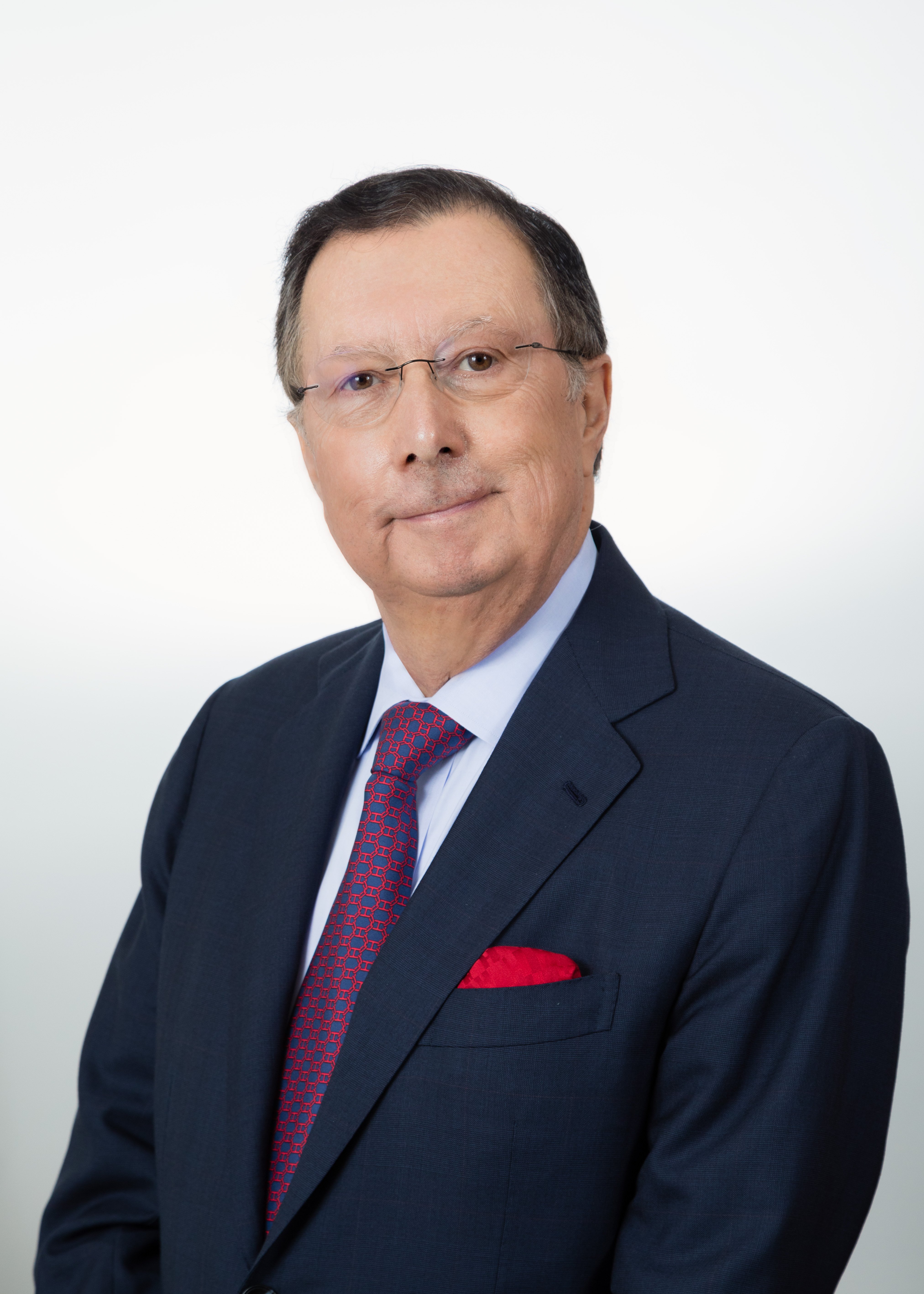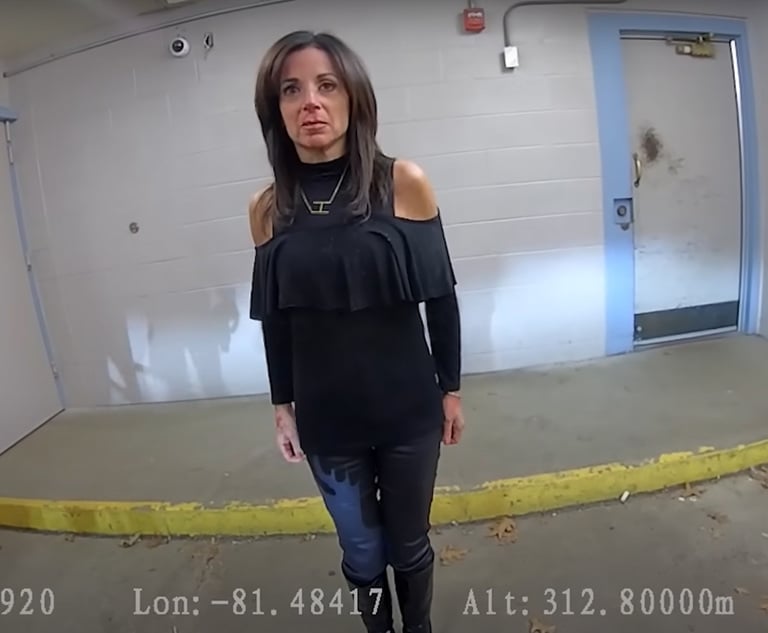Judge Throws $84M Uber Deal Into Limbo
The terrain has shifted since Uber reached an agreement to end the case. What happens next may depend on how large a sum is in play and how confident the company feels in its contested arbitration clause.
August 18, 2016 at 10:36 PM
6 minute read

Photo: Jason Doiy / ALM
SAN FRANCISCO – A federal judge Thursday rejected an $84 million settlement that would have wiped away a slew of lawsuits facing Uber Technologies Inc. over its treatment of drivers as contractors, bringing renewed uncertainty to a legal fight that has dogged an icon in the gig economy.
U.S. District Judge Edward Chen of the Northern District of California in an order Thursday concluded that the peace pact—which affects roughly 400,000 drivers in California and Massachusetts—“as a whole is not fair, adequate, and reasonable,” and denied a motion for preliminary approval.
Chen had critical words for all of the deal's elements, saying the money it gives drivers reflects a “substantial discount” from what they could receive if the suits were successful. He also knocked the non-monetary elements of the settlement as “not as valuable as the parties suggest.”
But the judge seemed most unhappy with the amount of money that the settlement allocated for claims brought under California's Private Attorneys General Act, or PAGA, a statute that allows plaintiffs' lawyers to sue on behalf of the state for potentially huge penalties.
Reiterating a criticism he made during a hearing in June, Chen pointed out that the $1 million allocated to PAGA claims is a far cry from the $1 billion in penalties that Shannon Liss-Riordan, who sued Uber on behalf of drivers in 2013, estimates is the company's exposure if a jury decided drivers are employees.
“Plaintiffs propose settling the PAGA claim for 0.1 percent of its estimated full worth … The parties have failed to demonstrate how the Hanlon factors or any other coherent analysis justifies settling the PAGA claim for such a relatively meager value,” Chen wrote, referring to a case that set out parameters for courts to evaluate settlements.
The rejection of the deal is the latest twist in the saga of Uber and Liss-Riordan, a Boston plaintiffs attorney who has come after the company and other players in the gig economy over their classification of workers as independent contractors rather than employees.
After announcing the settlement in April, Liss-Riordan was assailed by a host of other attorneys in the plaintiffs bar who argued that she had sold out the class to enrich herself. The named plaintiff in the California class action, Douglas O'Connor, objected to the settlement and got new lawyers.
Liss-Riordan, in turn, dropped her fee request by $10 million—slicing her portion almost in half.
Chen's denial of the settlement motion may not mean the deal is dead. In a statement late Thursday, Liss-Riordan said she was disappointed but also seemed upbeat about potentially reaching a new deal—if Uber is willing to throw more money on the table.
“It is possible the parties could reach a revised agreement that satisfies the court's concerns regarding the PAGA claims,” she said in an email. “But if not, as I've said before, I will take the case to trial and fight my hardest for the Uber drivers.”
Matt Kallman, a spokesman for the company, did not go into detail on the company's next steps. “The settlement, mutually agreed by both sides, was fair and reasonable,” he said in a statement. “We're disappointed in this decision and are taking a look at our options.”
REAL RISKS
On the non-monetary parts of the deal, Chen particularly attacked provisions removing restrictions on Uber drivers asking for tips—noting that Uber has refused to include an in-app tipping function—and the fact that a new appeal process the company agreed to create would not allow review of deactivations for low star ratings.
But aside from PAGA, Chen offered signals that he sees the money allocated for the other claims as reasonable given the significant risks facing Liss-Riordan's suits. He also largely agreed with her that many of the claims—such as overtime and meal break claims—that would be settled out by the deal had almost no chance of being successful.
One of the biggest risks, he noted, is the fact that the U.S. Court of Appeals for the Ninth Circuit has signaled it may reverse decisions he made in a separate lawsuit that found Uber's arbitration agreements unenforceable.
“A finding that one or both of the arbitration clauses is valid and enforceable would substantially change the scope and course of plaintiffs' case, as it would likely require the vast majority of the class to go to arbitration on their non-PAGA claims, thus jeopardizing the scope and potential viability of the class action at bar,” Chen wrote.
In light of this dynamic, Chen went on to say that even though drivers were taking a roughly 90 percent discount on the expense reimbursement and unpaid tips claims at the center of Liss-Riordan's cases, the settlement may still be “fair and adequate.”
“Indeed, while at the low end of reasonable recovery, the court would be inclined, after weighing the Hanlon factors, to find the consideration afforded by the settlement to be adequate for release of the non-PAGA claims,” he wrote.
But a key outstanding question is whether, in light of the Ninth Circuit threat, Uber—represented by Gibson, Dunn & Crutcher in the litigation—is willing to put forward the money that it may take to settle the case.
David Lowe, a plaintiff-side employment attorney at Rudy, Exelrod, Zieff & Lowe who is not involved in the case, said that decision will likely hinge both on sum in question—and on whether Uber still perceives a serious risk to its business model in continuing to litigate the case
“If it's a small amount of money that it would take to satisfy Judge Chen, then it may [try to revive the settlement],” Lowe said. “If it's a very substantial amount, then Uber may not be willing to do that.”
This content has been archived. It is available through our partners, LexisNexis® and Bloomberg Law.
To view this content, please continue to their sites.
Not a Lexis Subscriber?
Subscribe Now
Not a Bloomberg Law Subscriber?
Subscribe Now
NOT FOR REPRINT
© 2024 ALM Global, LLC, All Rights Reserved. Request academic re-use from www.copyright.com. All other uses, submit a request to [email protected]. For more information visit Asset & Logo Licensing.
You Might Like
View All
In Lawsuit, Ex-Google Employee Says Company’s Layoffs Targeted Parents and Others on Leave
6 minute read
‘A Force of Nature’: Littler Mendelson Shareholder Michael Lotito Dies At 76
3 minute read
Former Cleveland Meteorologist Sues TV Station for Alcohol Use Disorder Discrimination Claims

Employers Scramble to Get Immigration Records in Order Ahead of Trump Crackdown
6 minute readTrending Stories
- 1Tuesday Newspaper
- 2Judicial Ethics Opinion 24-85
- 3Decision of the Day: Administrative Court Finds Prevailing Wage Law Applies to Workers Who Cleaned NYC Subways During Pandemic
- 4Trailblazing Broward Judge Retires; Legacy Includes Bush v. Gore
- 5Federal Judge Named in Lawsuit Over Underage Drinking Party at His California Home
Who Got The Work
Michael G. Bongiorno, Andrew Scott Dulberg and Elizabeth E. Driscoll from Wilmer Cutler Pickering Hale and Dorr have stepped in to represent Symbotic Inc., an A.I.-enabled technology platform that focuses on increasing supply chain efficiency, and other defendants in a pending shareholder derivative lawsuit. The case, filed Oct. 2 in Massachusetts District Court by the Brown Law Firm on behalf of Stephen Austen, accuses certain officers and directors of misleading investors in regard to Symbotic's potential for margin growth by failing to disclose that the company was not equipped to timely deploy its systems or manage expenses through project delays. The case, assigned to U.S. District Judge Nathaniel M. Gorton, is 1:24-cv-12522, Austen v. Cohen et al.
Who Got The Work
Edmund Polubinski and Marie Killmond of Davis Polk & Wardwell have entered appearances for data platform software development company MongoDB and other defendants in a pending shareholder derivative lawsuit. The action, filed Oct. 7 in New York Southern District Court by the Brown Law Firm, accuses the company's directors and/or officers of falsely expressing confidence in the company’s restructuring of its sales incentive plan and downplaying the severity of decreases in its upfront commitments. The case is 1:24-cv-07594, Roy v. Ittycheria et al.
Who Got The Work
Amy O. Bruchs and Kurt F. Ellison of Michael Best & Friedrich have entered appearances for Epic Systems Corp. in a pending employment discrimination lawsuit. The suit was filed Sept. 7 in Wisconsin Western District Court by Levine Eisberner LLC and Siri & Glimstad on behalf of a project manager who claims that he was wrongfully terminated after applying for a religious exemption to the defendant's COVID-19 vaccine mandate. The case, assigned to U.S. Magistrate Judge Anita Marie Boor, is 3:24-cv-00630, Secker, Nathan v. Epic Systems Corporation.
Who Got The Work
David X. Sullivan, Thomas J. Finn and Gregory A. Hall from McCarter & English have entered appearances for Sunrun Installation Services in a pending civil rights lawsuit. The complaint was filed Sept. 4 in Connecticut District Court by attorney Robert M. Berke on behalf of former employee George Edward Steins, who was arrested and charged with employing an unregistered home improvement salesperson. The complaint alleges that had Sunrun informed the Connecticut Department of Consumer Protection that the plaintiff's employment had ended in 2017 and that he no longer held Sunrun's home improvement contractor license, he would not have been hit with charges, which were dismissed in May 2024. The case, assigned to U.S. District Judge Jeffrey A. Meyer, is 3:24-cv-01423, Steins v. Sunrun, Inc. et al.
Who Got The Work
Greenberg Traurig shareholder Joshua L. Raskin has entered an appearance for boohoo.com UK Ltd. in a pending patent infringement lawsuit. The suit, filed Sept. 3 in Texas Eastern District Court by Rozier Hardt McDonough on behalf of Alto Dynamics, asserts five patents related to an online shopping platform. The case, assigned to U.S. District Judge Rodney Gilstrap, is 2:24-cv-00719, Alto Dynamics, LLC v. boohoo.com UK Limited.
Featured Firms
Law Offices of Gary Martin Hays & Associates, P.C.
(470) 294-1674
Law Offices of Mark E. Salomone
(857) 444-6468
Smith & Hassler
(713) 739-1250








